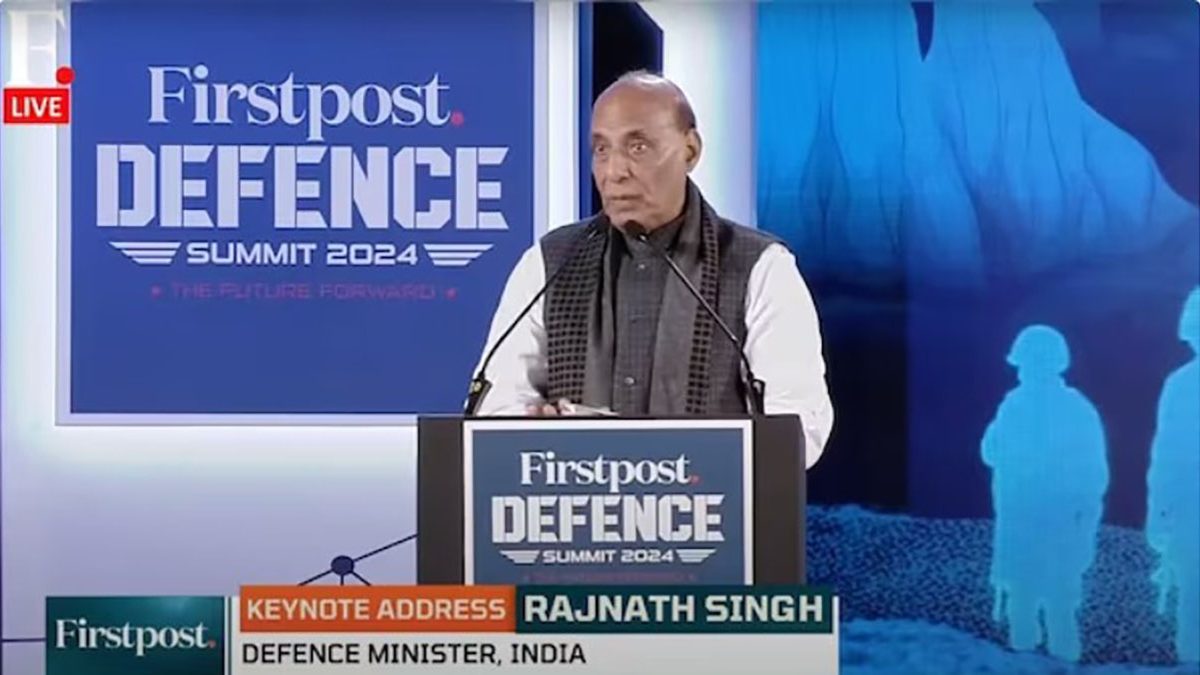New Delhi: A survey of 1,500 small traders across six mega metros and 500 manufacturing MSMEs across eight product categories has found almost zero instances of closure of businesses due to increasing e-commerce in India.
Conversely, e-commerce seems to have had a positive impact by way of increasing footfalls and reducing traders’ costs of procurement, leading to an increase in profit. The survey found that the perception of negative impact of e-commerce on mom and pop stores is greater than any actual negative impact. Will these findings spur Nirmala Sitharaman to ignore protests by vested interests and some e-commerce biggies and actually open up the sector to FDI in the B2C format? India already allows 100 percent FDI in the B2B format.
The B2C restriction has lead to a situation where all the major e-commerce players call themselves marketplaces and claim they merely facilitate buyers and sellers of goods or services to reach each other. Since they do not actually “sell” anything, these e-commerce giants claim they do not violate the B2C FDI restriction and continue to get funded by foreign entities.
The survey titled “Computing the socio-economic value addition of FDI in e-commerce sector” was conducted by Pahle India Foundation, founded by economist Rajiv Kumar. It has called for removal of the current restrictions on Foreign Direct Investment in B2C e-commerce.
Sitharaman had ruled out any relaxation in the B2C FDI ban recently, after holding wide ranging consultations from industry and other stakeholders. Industry sources indicate that the DIPP may now be looking to first have a clear definition of what comprises e-commerce and may then opt for an inter ministerial discussion to sort out issues related to the sector.
“FDI in B2C inventory led e-commerce should be permitted at the earliest. Certain caveats may be provided…. A minimum domestic sourcing limit, say 40 percent, may be set for foreign companies wanting to set up B2C inventory led e-commerce business in India,” the survey report has said in its recommendations.
It has also pointed out that the offset policy in defence manufacturing is a striking example of how the MSME manufacturing in the sector has been provided a boost. A similar kind of policy may be examined for inventory led e-commerce, where a certain percentage of the total value of imports for a particular year, will have to be invested in the domestic market, either by way of sourcing from MSMEs on by way of investments in the ancillary industries, such as, warehousing, delivery, quality management and packaging.
“What we need now is a comprehensive retail policy which will look beyond retail formats and beyond funding formats,” said Nirupama Soundararajan, co-author of the survey.
She also pointed out that FDI should be allowed in inventory led models of e-commerce since this will enable to large e-comm players to take the risks associated with inventory management. As of now, MSMEs have to bear these risks without being equipped to handle these. Besides, allowing FDI will help the e-commerce companies in India and easier access to funds.
“Banks are the only large source of domestic funding but as of now, e-commerce is not getting funds from banks. This leaves the e-commerce people dependent on VCs and other sources of funds from overseas….. many Indian e-commerce companies are moving out of India to get easier access to funds but that also brings other set of problems,” Soundararajan said.
According to the report, there has been a 300 percent jump in funding raised by Indian start-ups in the first quarter of 2015 compared to the year ago period at $1.7 billion. The most active venture capital firms that have made the maximum number of investments in e-commerce startups are Sequoia Capital followed by Tiger Global, IDG Ventures and Matrix Venture Partners. The survey points out that the impact of allowing FDI in the B2C inventory led e-commerce sector will be no different from the impact of FDI in B2C marketplace sector.


)




)
)
)
)
)
)
)
)